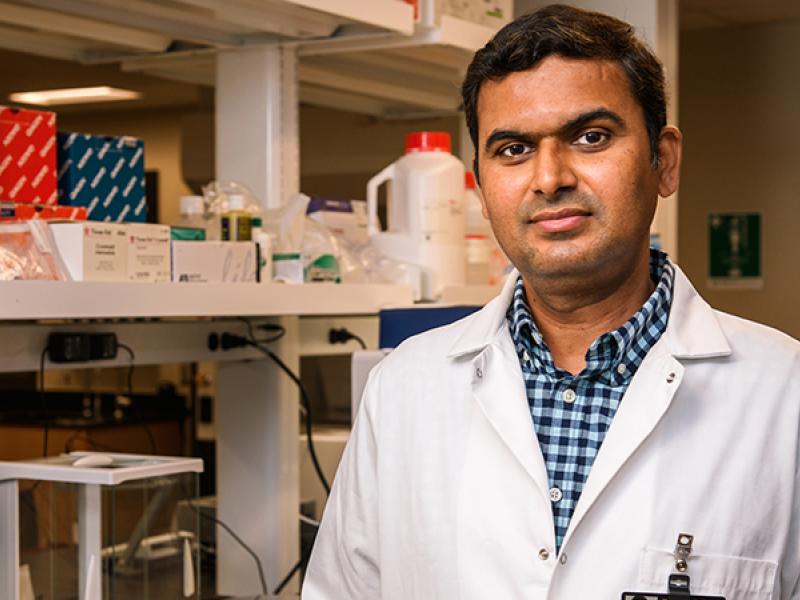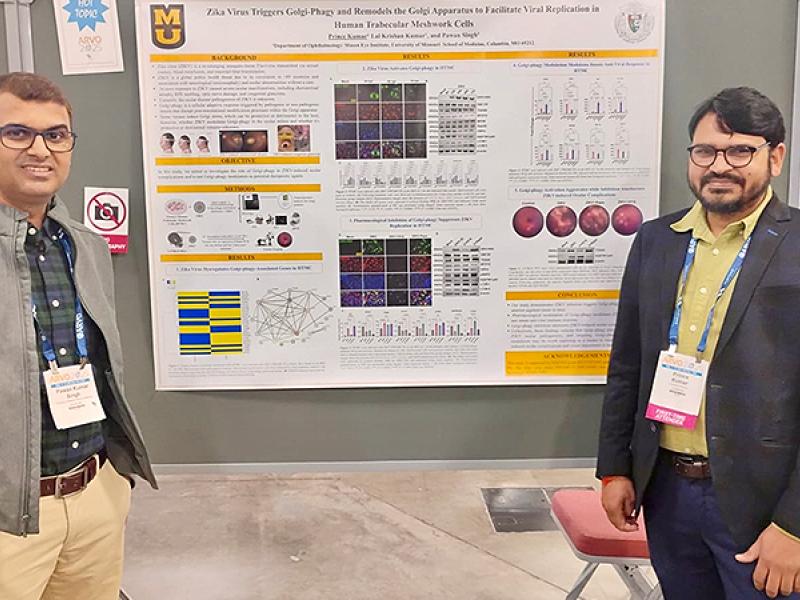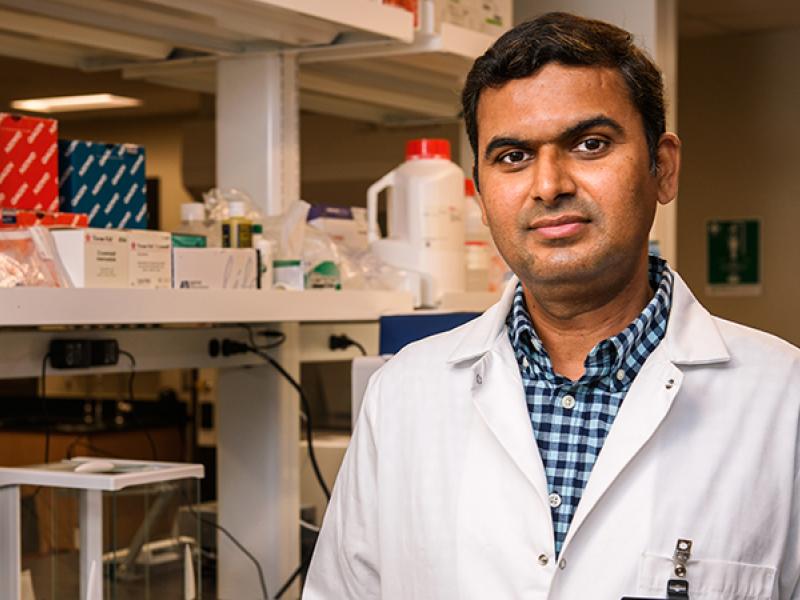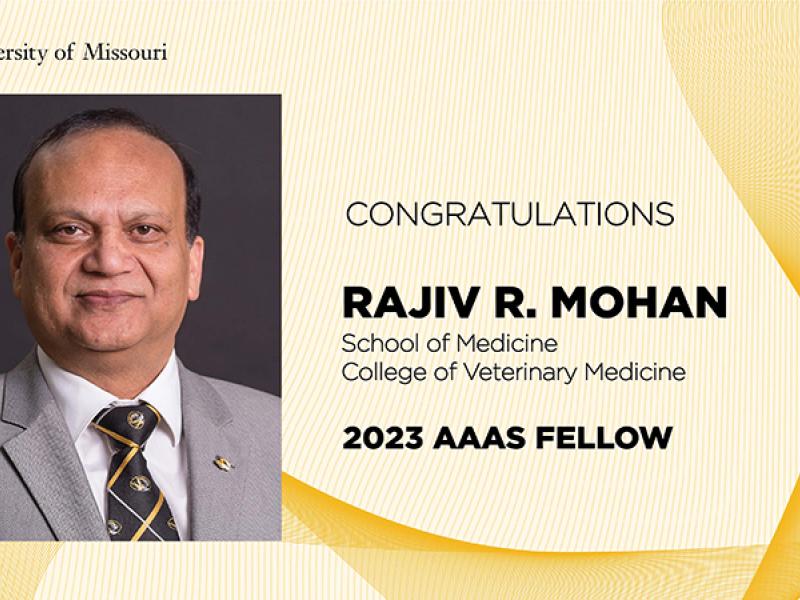Our goal is to develop ophthalmologists who can provide quality eye care to meet the needs of patients both now and in the future, and who can contribute to the field of ophthalmology through participation in research. To provide the highest level of training possible and meet our goal, we accept four residents into our residency program each year.
The majority of residency program training takes place at Mason Eye Institute, Mason Eye Clinic-East and the Harry S. Truman Memorial Veterans' Hospital. The Harry S. Truman Memorial Veterans' Hospital rotation lasts four months during the second and third years of training and is where residents receive a large portion of their surgical experience.
All of our faculty are board-certified and most possess expertise in one or more subspecialties. An attending faculty physician is available for consultation at all times and attends every surgical procedure. Local ophthalmologists with clinical faculty appointments contribute time to the program as well.
Overview
- Residents work directly with faculty who are passionate about teaching while also fostering a supportive and caring culture.
- Early surgical training starting in PGY-1, cataract instruction begins early PGY-2.
- High numbers and wide surgical variety with many residents graduating having more than 240 primary cataract surgeries.
- Access to the newest premium lenses and latest technology including MIGS, angle surgery training, and intraoperative OCT.
- Excellent fellowship matches.
- Plenty of opportunities for publishing or presenting research at conferences.
- Cerner PowerChart EMR at the eye clinics and hospital, CPRS at the VA.
Rotation Schedule
- PGY-1: The integrated first year involves exposure to ophthalmology relevant disciplines. Integrated interns will have 2-4 week rotations in rheumatology, endocrinology, infectious diseases, neurology and neuroradiology. 2 months will be spent in the emergency department and 3 months will be spent on VA Internal Medicine Wards. 3 months will be spent with the ophthalmology department including the first month (July) and the last two months (May and June).
- PGY-2: Three-month rotations in Cornea, Pediatrics, Neuro-Ophthalmology, VA
- PGY-3: Three-month rotations in Retina, Comprehensive, Plastics, and Glaucoma
- PGY-4: Three-month rotations in Comprehensive, Glaucoma, Cornea, and VA
Call
- PGY-2: Q5, every 5th weekend, one major holiday (Thanksgiving, Memorial Day, Christmas, New Year)
- PGY-3: Q20, every 20th weekend, one minor holiday (Labor Day, Easter, MLK Day, July 4th)
- PGY-4: Q4 days and every 4th weekend backup call, buddy call for first two months
Grand Rounds and Didactics
- Grand Rounds: Last Friday of every month from 7:30-8:30 AM at Mason Eye Clinic East Conference Room.
- Two residents and one attending give 20 minute presentations on a rotating basis.
- M&M Rounds: Last Friday of every month from 8:30 AM-9:00 AM at Mason Eye Clinic East (prepared by the chief resident).
- Didactic Lectures: 8:00-9:00AM 3-4 times a week
- Journal Club: Once per month for a couple hours, the specialty area will change every month.
- Residents analyze and discuss several articles with a faculty member.
- One member from each class selected to summarize and lead the discussion for each article.
- Wetlabs: One half-day a month lead by faculties of different subspecialty; dedicated wetlab in Mason Eye Clinic East with an Alcon Centurion.
Benefits
- The cost of any choice of 3 lenses is covered during PGY-1
- $500 stipend provided every year for purchase of lenses, study resources, or other educational material
- $1500 stipend per first author presentation at a national conference
- BCSC Series provided PGY-1
- Four year subscription to Ophthoquestions provided starting PGY-2 and ending after you complete ophthalmology boards.
- Free meals available 24/7 in the Physician’s Lounge
- Lab coats and scrubs provided
- Pagers provided





